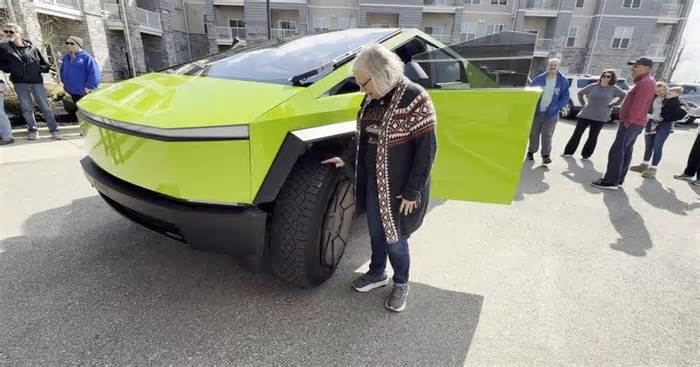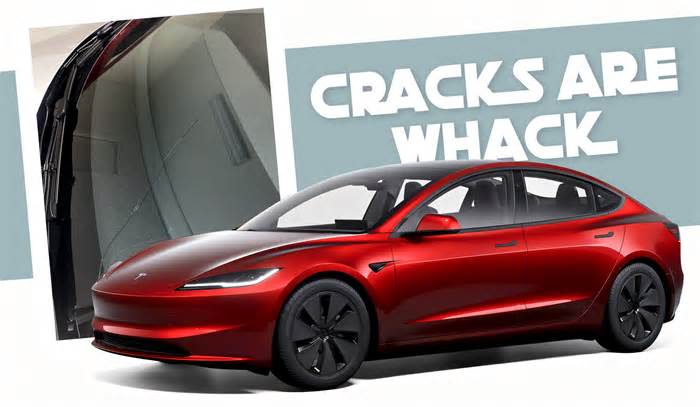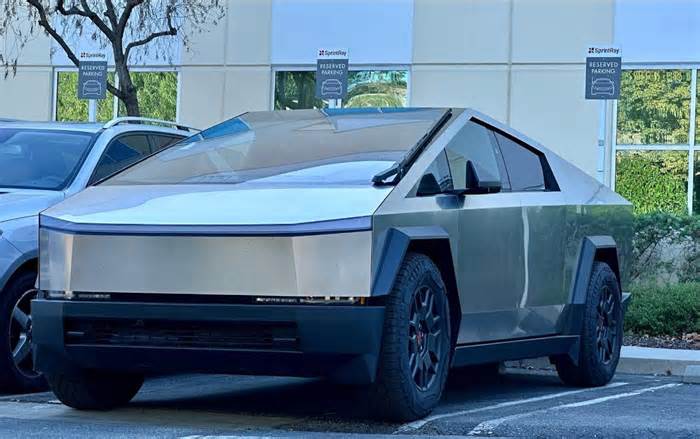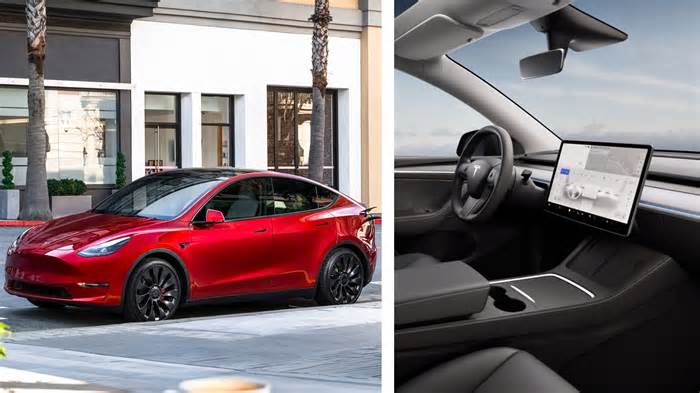
Best Satellite Internet Providers for January 2025
- by CNET
- Jan 31, 2024
- 0 Comments
- 0 Likes Flag 0 Of 5

Finding the right internet plan for your household doesn't have to be complicated; check out CNET's 10 tips to help you get the most out of your internet service.
What's next for satellite internet providers?
Stay tuned for the latest developments with Starlink as it continues to exceed expectations for satellite internet outpace the likes of Hughesnet and Viasat. As recently as July 2024, SpaceX rolled out the Starlink Mini, a satellite dish best suited for customers on the go. This new product is an all-in-one mini satellite dish and router. SpaceX CEO Elon Musk conducted a speed test that showed download speeds of up to 100Mbps and 11.5Mbps in uploads for the Starlink Mini, which is pretty fast for a mobile satellite internet connection. Reducing latency for customers nationwide has also been a big focus for Starlink, allowing for better videoconferencing, gaming and live streaming -- tasks previously difficult with slower speeds from competing satellite internet providers.
According to Ookla's Q1 2024 speed test report, the latest available, Starlink's median download speed in the US was 64.54Mbps, which was a 13Mbps increase from early last year. Viasat was in distant second place with 34.72Mbps download speeds and Hughesnet was in the rear at 15.87Mbps. Ookla's report mentions that Starlink users highly recommend the service and are happy with its internet connectivity. It’s safe to say that expectations of how satellite internet can perform are beginning to change. (Ookla is owned by the same parent company as CNET, Ziff Davis.)
It should also be mentioned that further competition in satellite internet will soon come from another multibillionaire, Jeff Bezos, as Amazon's Project Kuiper plans to enter the field. While nowhere near the stage that Starlink has achieved thus far, Project Kuiper is expected to be available for residential use in 2025.
Innovations from low-Earth-orbit satellites will be just one piece of the puzzle of better delivering the internet to the millions of households still unable to find a reliable broadband source. We'll keep this post updated as your options (hopefully) improve.
Are there any alternative connection types besides satellite internet?
Yes. Many broadband connection options may offer faster (and possibly cheaper) service than satellite internet.
Cable
Cable internet provides connection through the same cables (often a hybrid fiber and copper line) that providers use to provide TV services. It's more reliable than satellite internet and offers faster download speeds. Most of the time, cable internet is bundled with TV to lure consumers into buying higher-priced packages. Companies like Cox, Spectrum and Xfinity offer cable internet.
DSL
DSL, or digital subscriber line, uses telephone lines to connect users. Companies like AT&T, CenturyLink and Frontier offer DSL Internet. The good news is those copper lines are prevalent across the country. The not-so-good news is that download speeds typically fall short of what cable internet offers and usually fall short of FCC broadband standards. In some cases, your speeds might even be slower than satellite internet.
Fixed wireless/5G home internet
5G home internet and fixed wireless go hand-in-hand: 5G home internet services are fixed wireless internet services. Not all fixed wireless services are 5G home internet offerings. Are you confused yet? Fixed wireless service means the connection between your provider and home is not wired. That fixed wireless connection can come via cellular networks (including 3G, 4G, 4G LTE and 5G) and by satellite. Fixed wireless networks tend to be slower and more laggy than wired connections. The promise of 5G home internet -- from Starry, T-Mobile Home Internet and Verizon 5G Home Internet -- is speeds that compare favorably to cable connections.
Fiber
Fiber internet is the gold standard of the broadband world. Often referred to as "future proof," fiber internet offers some of the fastest plans available and features symmetrical download and upload speeds. It's more reliable than cable and is less prone to being affected by peak usage times or congestion. The only drawback is the expense and difficulty involved with creating a fiber network: rural customers are not likely to get fiber installed in their homes as most fiber internet providers concentrate efforts around major cities. Companies like AT&T, Google Fiber and Verizon Fios offer fiber-optic internet. To find out more about this connection, read our fiber review.
Mobile hotspots
Mobile hotspots also use cellular networks, similar to fixed wireless internet, but they are not "fixed." You can use a hotspot at multiple locations and they aren't dependent on your home address.
Despite the wide range of options available, each connection type varies in terms of availability, pricing and speeds. Make sure to research and compare the different options to ensure you choose the one that best meets your needs and budget.
Satellite internet FAQs
Please first to comment
Related Post
Stay Connected
Tweets by elonmuskTo get the latest tweets please make sure you are logged in on X on this browser.
Sponsored
Popular Post
tesla Model 3 Owner Nearly Stung With $1,700 Bill For Windshield Crack After Delivery
33 ViewsDec 28 ,2024
Middle-Aged Dentist Bought a Tesla Cybertruck, Now He Gets All the Attention He Wanted
32 ViewsNov 23 ,2024






 Energy
Energy



















